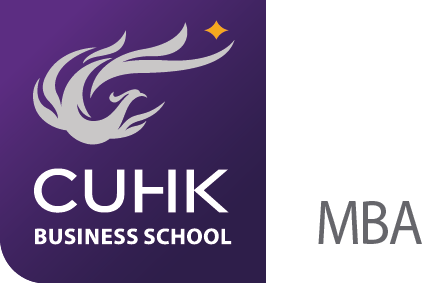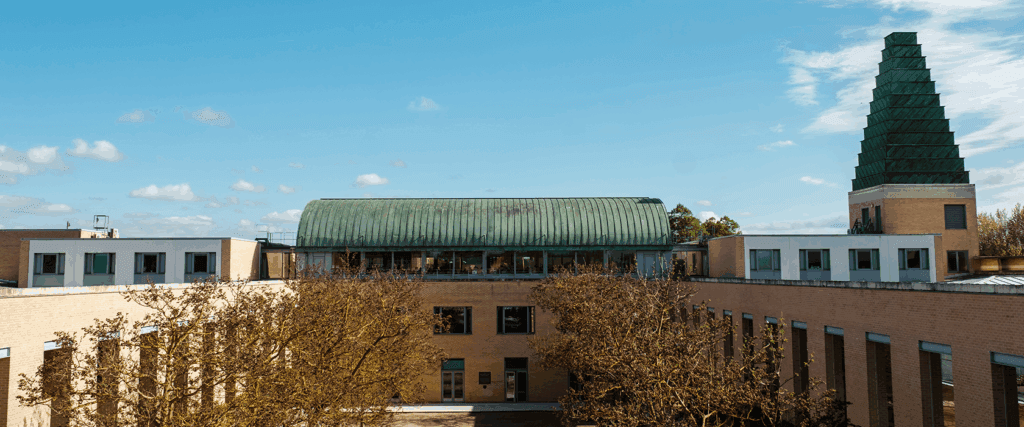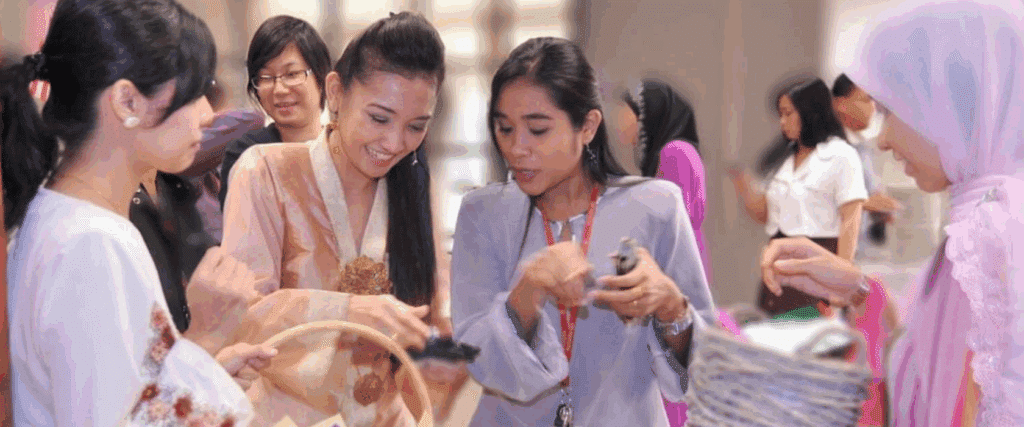Opening up Asian markets through the CUHK MBA
Jay Yoo applied for an MBA at CUHK to expand his knowledge of Asian markets and learn new managerial skills. He told MBAGRADSCHOOLS how his studies helped him launch his own business in Indonesia and thrive in the corporate world.







